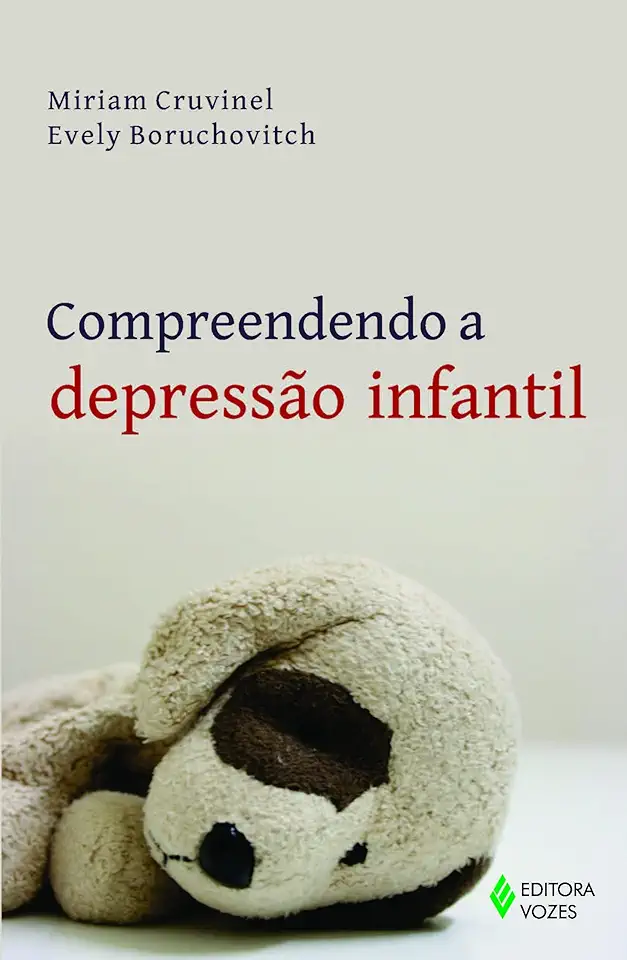
Understanding Childhood Depression - Evely Boruchovitch
Understanding Childhood Depression: A Comprehensive Guide for Parents and Professionals
Introduction
Childhood depression is a serious mental health condition that affects millions of children and adolescents worldwide. It can have a profound impact on a child's emotional, social, and academic development, and can even lead to suicide. Despite its prevalence, childhood depression is often misunderstood and undiagnosed.
What is Childhood Depression?
Childhood depression is a mood disorder that causes a child to feel sad, hopeless, and worthless for an extended period of time. It is different from normal sadness or grief, which are temporary emotions that usually pass. Children with depression may also experience changes in their appetite, sleep patterns, and energy levels. They may withdraw from friends and family, and have difficulty concentrating in school.
Causes of Childhood Depression
The exact causes of childhood depression are not fully understood, but it is thought to be caused by a combination of genetic, environmental, and psychological factors. Some children may be more likely to develop depression if they have a family history of the condition. Others may be triggered by stressful life events, such as abuse, neglect, or the loss of a loved one.
Symptoms of Childhood Depression
The symptoms of childhood depression can vary from child to child. Some of the most common symptoms include:
- Persistent sadness, hopelessness, or irritability
- Loss of interest in activities that the child used to enjoy
- Changes in appetite or sleep patterns
- Difficulty concentrating or making decisions
- Fatigue or loss of energy
- Feelings of worthlessness or guilt
- Suicidal thoughts or behaviors
Diagnosis of Childhood Depression
Childhood depression can be diagnosed by a mental health professional, such as a psychiatrist, psychologist, or clinical social worker. The diagnosis is based on the child's symptoms, as well as their personal and family history.
Treatment for Childhood Depression
There are a variety of effective treatments for childhood depression, including therapy, medication, and lifestyle changes. Therapy can help children to learn how to manage their emotions, cope with stress, and build healthy relationships. Medication can also be helpful in reducing symptoms of depression. Lifestyle changes, such as getting regular exercise, eating a healthy diet, and getting enough sleep, can also help to improve mood and reduce symptoms of depression.
Conclusion
Childhood depression is a serious mental health condition, but it is one that can be successfully treated. If you think your child may be depressed, it is important to seek professional help. Early diagnosis and treatment can help to improve your child's prognosis and prevent long-term problems.
Why You Should Buy This Book
This book is an essential resource for parents and professionals who want to understand childhood depression. It provides comprehensive information on the causes, symptoms, diagnosis, and treatment of this condition. The book also includes helpful tips on how to support a child with depression and how to prevent the condition from developing in the first place.
If you are concerned about childhood depression, I highly recommend that you purchase this book. It is a valuable resource that can help you to understand and support your child.